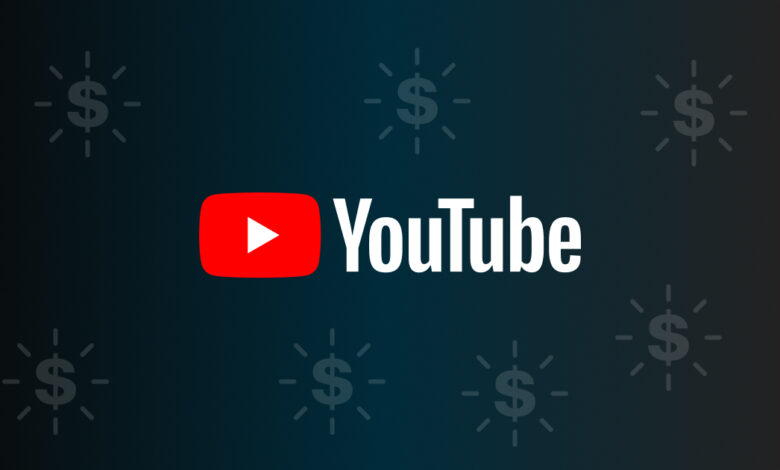YouTube Tightens Monetization Rules on AI-Generated Content

YouTube will enforce stricter monetization rules starting July 15, 2025, targeting AI-generated and mass-produced videos it classifies as “inauthentic.”
YouTube Targets ‘AI Slop’ and Repetitive Content
The update to the YouTube Partner Program (YPP) marks the platform’s strongest stance yet against low-quality, AI-driven content. The changes aim to combat what creators call “AI slop”—mass-produced or repetitive videos made with automated tools.
YouTube says the revised rules will provide clearer definitions for “original” and “authentic” content. While the exact wording remains unpublished, internal documentation suggests the new criteria will help creators identify what is and isn’t eligible for monetization.
YouTube Responds to Spike in AI-Generated Content
The policy change comes amid a surge in AI-powered content, with examples ranging from auto-generated music channels to deepfake news reports and fictional true crime videos. Some creators have even used CEO Neal Mohan’s likeness in phishing scams.
Text-to-video tools have made it easier than ever to mass-produce content using AI voices, stock footage, or static imagery—often resulting in videos that YouTube deems “low viewer value.”
YouTube: This Content Was Never Monetizable
Rene Ritchie, YouTube’s Head of Creator Liaison, described the policy as a clarification rather than a shift. “This type of content has been ineligible for monetization for years,” he said in a video update. “It’s the kind of thing viewers generally consider spam.”
However, the timing—amid escalating creator and advertiser concerns—signals a broader platform effort to maintain content quality and brand safety.
Watch Rene Ritchie explain the monetization policy changes in this official video:
What Content Will Be Affected?
Creators initially raised concerns about whether reaction videos or compilations would be impacted. YouTube has clarified that the changes target repetitive, AI-mass-produced uploads, not legitimate creator formats.
This distinction is critical. YouTube’s creator ecosystem supports millions of monetized channels, and any misstep could harm trust in its revenue-sharing model.
Enforcement and Rollout Timeline
The updated YPP policies go live on July 15, 2025. YouTube has not detailed the enforcement mechanism or whether creators will receive warnings or appeals before demonetization.
Given the sheer volume of uploads—hundreds of hours every minute—analysts expect YouTube to enhance its detection systems to identify AI-generated patterns at scale.
Ripple Effect Across the Industry
YouTube’s move is likely to influence policy decisions across other social media platforms facing similar AI-driven content issues. As generative tools evolve, so will concerns around authenticity, misinformation, and monetization abuse.
Digital marketers, content creators, and platform strategists will closely watch how these rules are applied in practice—and whether they set a new industry standard.



